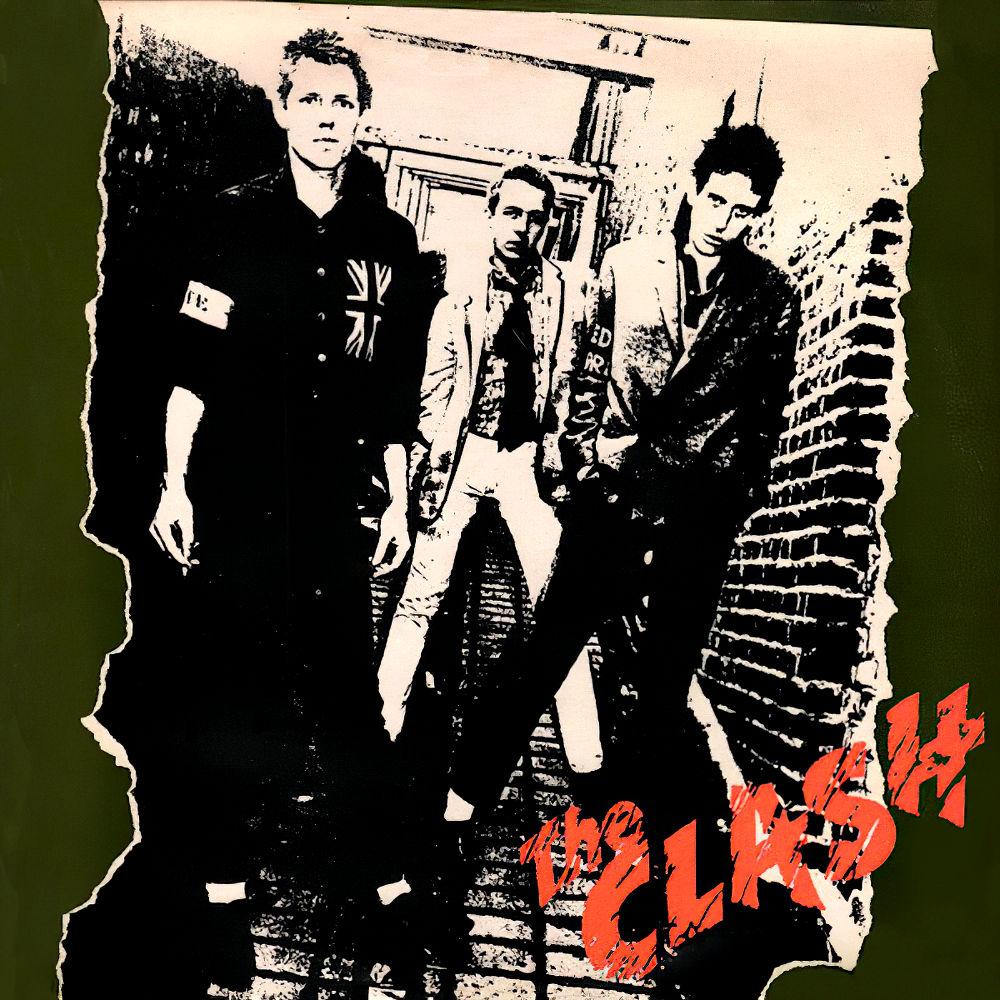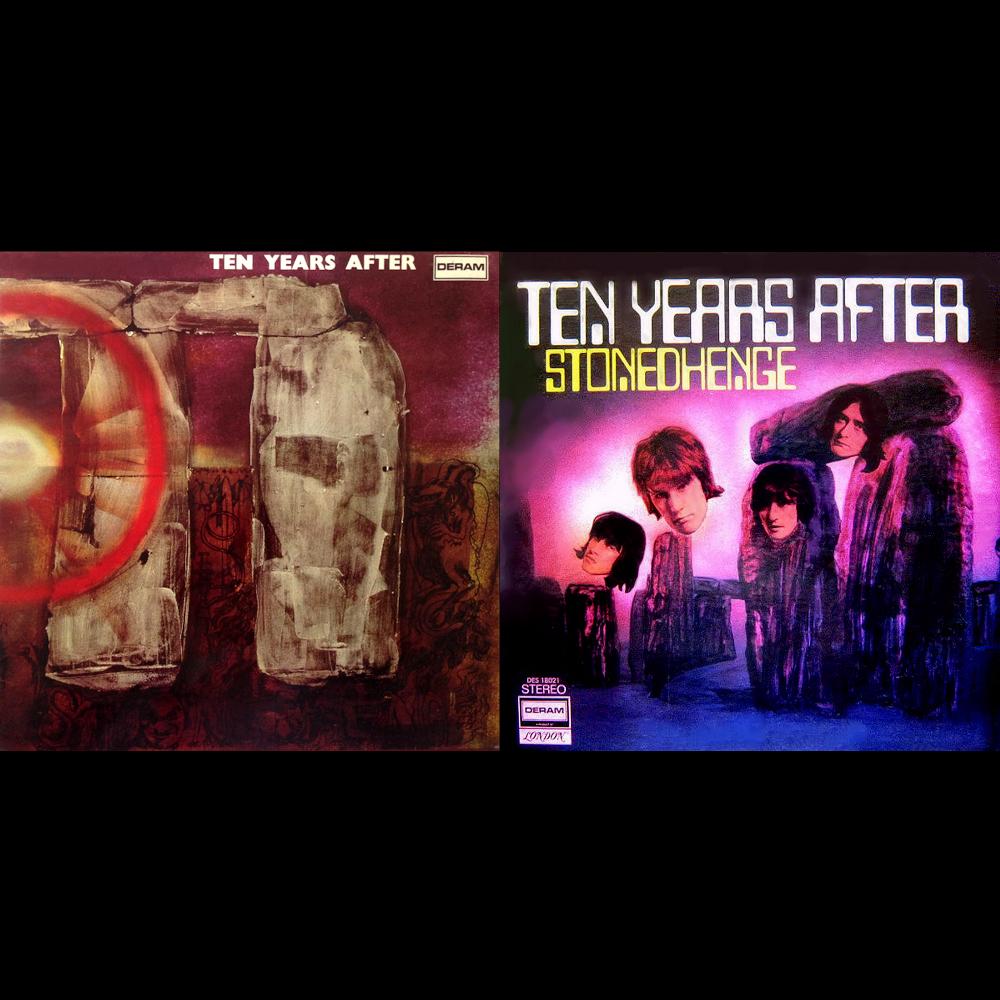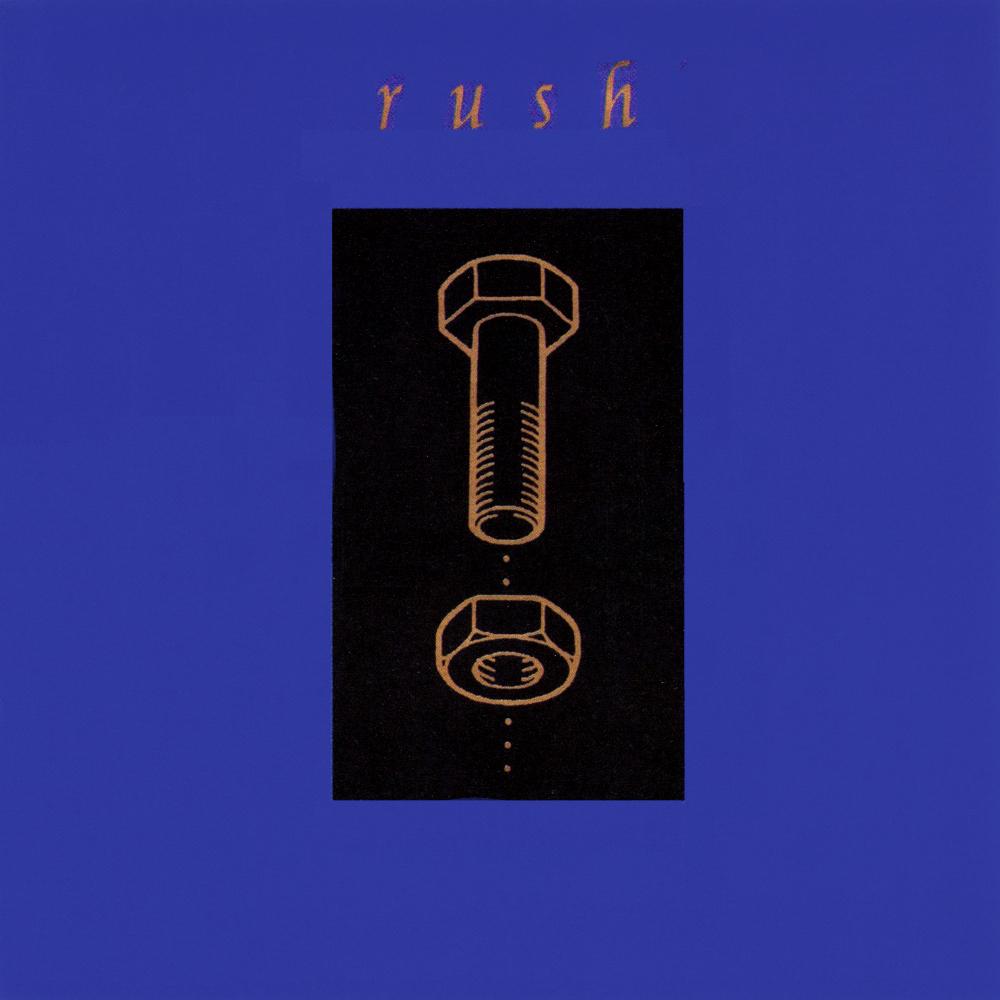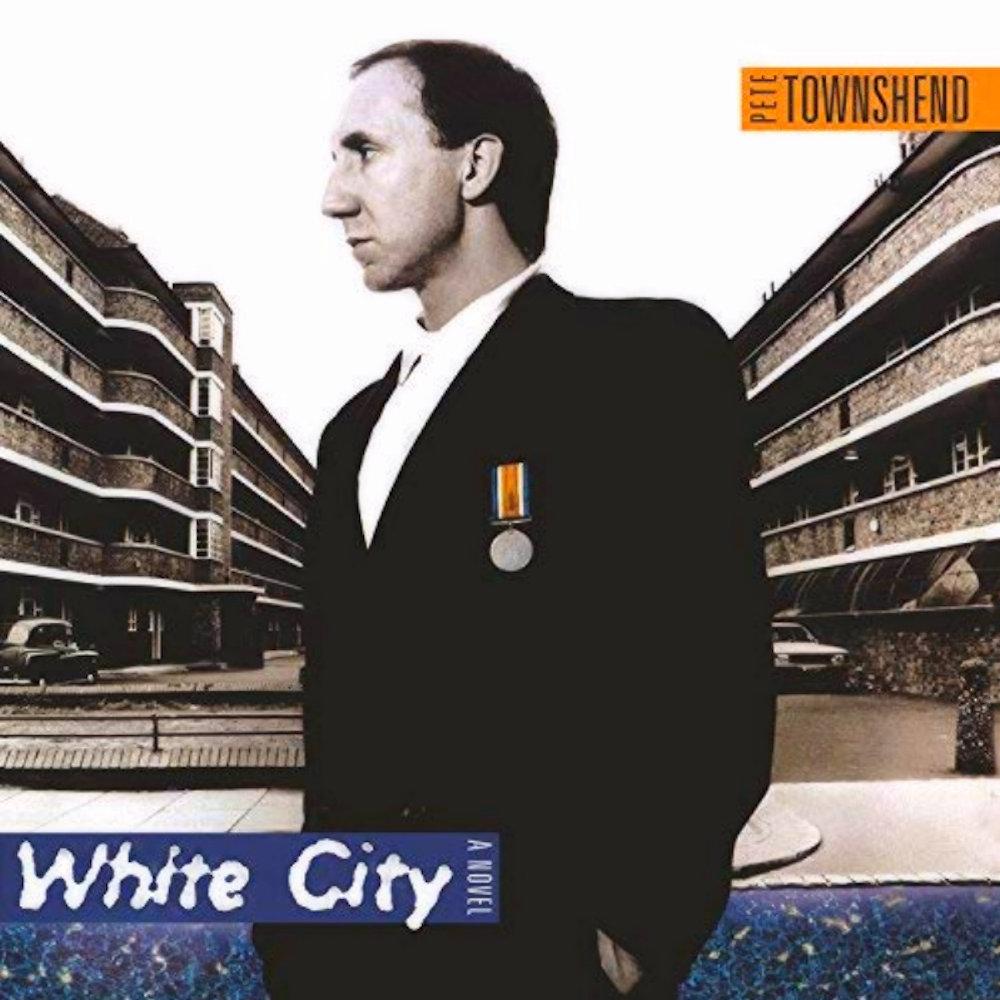
Album Information:
Album ID: 10043
About The Clash:
The Clash is a British punk rock band that rose to fame in the late 1970s. The group consisted of lead vocalist and rhythm guitarist Joe Strummer, lead guitarist Mick Jones, bassist Paul Simonon, and drummer Topper Headon. The Clash's music blended punk, reggae, ska, and rockabilly to create a unique sound that appealed to a wide range of fans.
The band formed in 1976 in London and quickly made a name for themselves in the city's punk scene. After releasing a debut single, 'White Riot,' they were signed to CBS Records and released their self-titled debut album in 1977. The Clash drew inspiration from the energy of punk rock but also incorporated political and social themes into their lyrics. Their songs tackled issues such as race, class, and urban decay.
The band's popularity continued to grow with the release of their second album, 'Give 'Em Enough Rope,' in 1978. Their third album, 'London Calling,' was released in 1979 and is considered one of the greatest and most important punk albums of all time. It received critical acclaim and showcased the band's versatility and willingness to experiment with different styles.
The Clash went on to release several more albums, including 'Combat Rock' and 'Cut the Crap,' before disbanding in 1986. Over the course of their career, they had a string of hit singles, including 'Rock the Casbah,' 'Should I Stay or Should I Go,' and 'Train in Vain.'
In addition to their music, The Clash were known for their activism and political involvement. They supported a variety of causes, including anti-racism, workers' rights, and prison reform. Their music and message continue to have an impact on new generations of musicians and fans.
In conclusion, The Clash were a pioneering punk rock band that blended genres and pushed the boundaries of what was possible in music. Their legacy and influence continue to be felt today in the punk and alternative music scenes.
About the album The Clash:
The Clash's self-titled debut album, released in 1977, is a seminal punk rock classic that has been widely celebrated as one of the greatest albums of all time. The record captures the raw energy and aggression of London's burgeoning punk scene, featuring blistering guitar riffs, driving rhythms, and confrontational lyrics.
The album kicks off with 'Janie Jones', a fast-paced rocker that sets the tone for the entire record. The track features Mick Jones' distorted guitar riffs and Joe Strummer's snarling vocals, creating a sense of urgency that runs throughout the album. The following track, 'Remote Control', is a scathing critique of the music industry and corporate control, with politically charged lyrics that would become a hallmark of The Clash's music.
'Complete Control' is one of the standout tracks on the album, with its explosive guitar riffs and searing lyrics aimed at the band's former manager. 'I'm So Bored with the U.S.A.' is another politically charged track that takes aim at American consumer culture and the Vietnam War.
The second half of the album continues with the band's trademark social commentary, featuring tracks like 'London's Burning' and 'Hate & War' that address police brutality and the violence and sense of alienation felt by the youth of London at the time. Standout tracks also include 'Police & Thieves' a reggae-infused track that showcases the band's versatility and 'Career Opportunities' a punk anthem that addresses youth unemployment.
The album culminates in 'Garageland', a raucous punk anthem that celebrates the DIY spirit of the punk movement while rejecting mainstream culture and conformity.
Overall, The Clash's debut album is a landmark of the punk rock movement, blending aggressive, frenzied punk rock with political and social commentary that remains as relevant today as it was over forty years ago.
Members:
The Clash was an English rock band that formed in London in 1976. The band members consisted of:
1. Joe Strummer (Lead Vocals, Guitar, Piano):
Joe Strummer was born John Graham Mellor in Ankara, Turkey on August 21, 1952. He moved with his family to London when he was young. Strummer was the lead vocalist, guitarist, and one of the principal songwriters of the band. Before joining The Clash, he was in a pub rock band called The 101'ers. After The Clash disbanded, Strummer went on to work on various solo projects. He died on December 22, 2002, of a heart attack.
2. Mick Jones (Guitar, Vocals, Piano):
Mick Jones was born on June 26, 1955, in London. He was the lead guitarist, backing and lead vocalist, and one of the main songwriters of the band. Before joining The Clash, he was in a band called London SS. After The Clash disbanded, Jones continued to work in the music industry. He formed the band Big Audio Dynamite and later founded the record label Carbon/Silicon.
3. Paul Simonon (Bass Guitar, Vocals):
Paul Simonon was born on December 15, 1955, in London. He was the bass guitarist, backing and occasional lead vocalist, and an occasional songwriter of the band. Before joining The Clash, he was pursuing a career in art and worked as a roadie for The 101'ers, Strummer's previous band. After The Clash disbanded, Simonon continued to work in the music industry.
4. Topper Headon (Drums):
Topper Headon was born on May 30, 1955, in Bromley, England. He was the drummer, occasional vocalist, and songwriter for the band. Before joining The Clash, he played drums for several bands, including The Mugs, The Tones, and The White Panthers. After The Clash disbanded, Headon struggled with drug addiction and legal troubles but continued to work in the music industry.
5. Terry Chimes (Drums):
Terry Chimes was born on July 5, 1956, in London. He was the original drummer for The Clash but left the band after their first album. Chimes rejoined the band briefly in 1982 before leaving again. Before joining The Clash, he played drums for various other bands. Chimes later left the music industry to work as a chiropractor.
Track List for The Clash:
Sure, here are all the tracks in the album 'The Clash' by the artist The Clash, in order with the play time and a brief description of each track:
1. Janie Jones (2:06) - A fast-paced punk rock song that talks about a girl named Janie Jones who is a frequently-visited hooker in the London scene.
2. Remote Control (3:00) - A biting social commentary about the role of the media in society, and its ability to control the minds of the masses through propaganda and manipulation.
3. I'm So Bored With the USA (2:25) - A political song criticizing the state of America during the late 1970s, including their involvement in foreign wars and the treatment of minorities.
4. White Riot (1:59) - A song that captures the energy and anger of the punk movement, with its lyrics addressing racial tensions in Britain and calling for a 'white riot' against the establishment.
5. Hate and War (2:05) - A song about the futility of war and the hatred that fuels it, criticizing the glorification of violence and the loss of life in conflicts around the world.
6. What's My Name? (1:40) - A catchy punk rock song that reflects the band's rebellious spirit and their desire to have their voices heard despite societal pressures to conform.
7. Deny (3:03) - A song that explores themes of identity and authenticity, with the lyrics questioning the facade that people put up to fit in and the pressure to deny one's true self.
8. London's Burning (2:13) - A song that captures the chaos and tension of life in London during the late 1970s, with its lyrics referencing the riots and violence that plagued the city.
9. Career Opportunities (1:52) - A satirical take on the idea of the 'American Dream,' with the lyrics pointing out the limited job options for young people and the false promises of upward mobility.
10. Cheat (2:05) - A song about the betrayal and deceit that can emerge in personal relationships, with the lyrics describing a situation where a partner is caught cheating.
11. Protex Blue (1:47) - A shorter song with a catchy tune that explores themes of youth culture and rebellion, and the desire to break free from societal norms.
12. Police and Thieves (6:00) - A cover of a reggae song that addresses the issue of police brutality and its effects on marginalized communities, ending on a hopeful note that unity can overcome injustice.
13. 48 Hours (1:34) - A fast-paced track that touches on themes of hedonism and excess, with the lyrics describing a wild night of partying and debauchery.
14. Garageland (3:12) - A song that celebrates the punk subculture and the DIY ethic that the scene embodies, with its lyrics urging listeners to reject the commercialization of music and stay true to themselves.
Discography for The Clash:
Sure, here's The Clash's complete discography in chronological order:
1. The Clash (1977)
Released: April 8, 1977
Singles: 'White Riot', 'Remote Control'
2. Give 'Em Enough Rope (1978)
Released: November 10, 1978
Singles: 'Tommy Gun', 'English Civil War'
3. The Cost of Living (EP) (1979)
Released: May 11, 1979
4. London Calling (1979)
Released: December 14, 1979
Singles: 'London Calling', 'Train in Vain', 'Clampdown'
5. Sandinista! (1980)
Released: December 12, 1980
Singles: 'The Magnificent Seven', 'Hitsville U.K.'
6. Black Market Clash (EP) (1980)
Released: March 1980
7. Combat Rock (1982)
Released: May 14, 1982
Singles: 'Know Your Rights', 'Should I Stay or Should I Go', 'Rock the Casbah'
8. Cut the Crap (1985)
Released: November 4, 1985
Singles: 'This Is England'
9. The Clash Hits Back (2013)
Released: September 8, 2013
Hopefully, that covers everything!


 Last Played: 11/01/24 06:37 AM
Last Played: 11/01/24 06:37 AM Last Played: 11/01/24 06:31 AM
Last Played: 11/01/24 06:31 AM